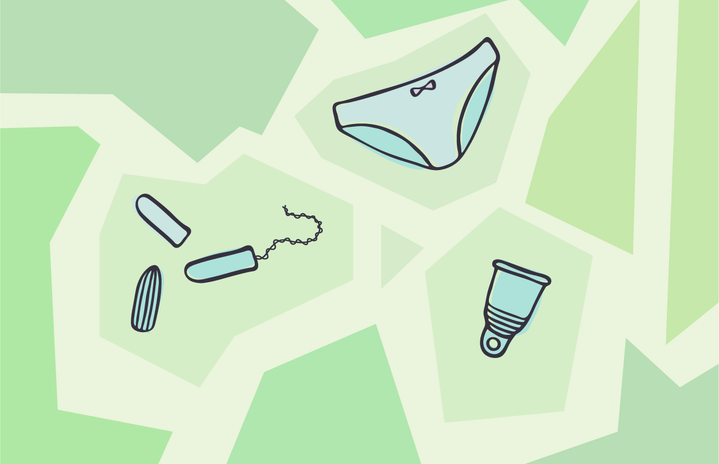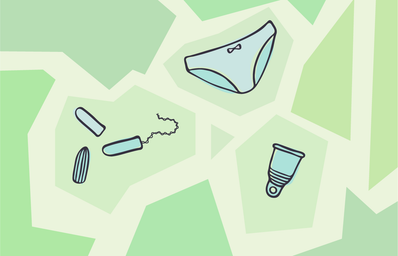Period poverty was Scotland’s biggest concern that drove the creation of its newest bill. A survey in the country found that 1 in 4 respondents in school, college or university didn’t have access to period products. Since when are menstrual products a luxury rather than a necessity? In addition, many business owners in Scotland, such as certain bars and restaurants, recognize the immense problem and have often provided free menstrual products to customers.
You may be asking yourself, “What exactly is period poverty?” According to the American Medical Women’s Association, period poverty is defined as “the inadequate access to menstrual hygiene tools and educations, including but not limited to sanitary products, washing facilities, and waste management.” Many low-income households may not have enough money to spend on hygiene products. Imagine having to choose between buying food or tampons.
The U.S. is lagging behind when it comes to period poverty. Currently in the U.S., “35 states tax period products as non-essential items,” while men’s erectile dysfunction medications, such as Viagra and Rogaine, are not taxed. Even food stamps do not cover menstrual products. Limited access to period products can cause many young women to skip school and miss out on other opportunities. A 2019 study found that 1 in 5 teens couldn’t afford period products, and 1 in 4 students have missed class due to the lack of product access.
Scotland is not alone. New Zealand and France have both declared they will offer period products free of charge in schools. Students have reported feelings of embarrassment and a lack of education on the topic of periods. Beyond free products, the bill intends to help eliminate such stigmas. The bill has made students curious to learn more. Education Minister Jan Tinetti said, “They wanted more information about periods, period products, and other practical elements of managing their period such as tracking and knowing when and who to reach out to for assistance.”
This sort of education is essential for any woman to receive. There are many health concerns that can arise from our periods that we must be aware of in order to properly address any unexpected issues. Some young women may not even have the slightest clue as to why they’re bleeding. Many women experience intense symptoms, such as cramps and dizziness, which act as a barrier to school participation. As we have more conversations and an increase in education about menstruation, we can reduce any stigmas and understand that it’s a perfectly natural process that women endure.
Providing free menstrual products for everyone can be hard to do on a national level. Not all essential products are offered free to us, such as toilet paper. However, when we enter a public bathroom, we have free access to hand soap, toilet paper and water, but the products we have to pay for are menstrual products (if they are even offered). I’m sure many women can relate to those few instances when we are in dire need of a tampon or pad but don’t have access to them in a public restroom, so we rely on a generous friend or frustratingly bundle up some toilet paper as a last resort.
This is a problem that specifically targets young women, for they are often the ones not educated enough on the topic of menstruation, as well as rely on period product funds from their guardians. The physical effects of having a period can be a great barrier to getting an overall education, as well. No woman should have to miss class for simply dealing with the natural process that comes with womanhood. Hopefully, the U.S. can one day follow in Scotland’s footsteps.


